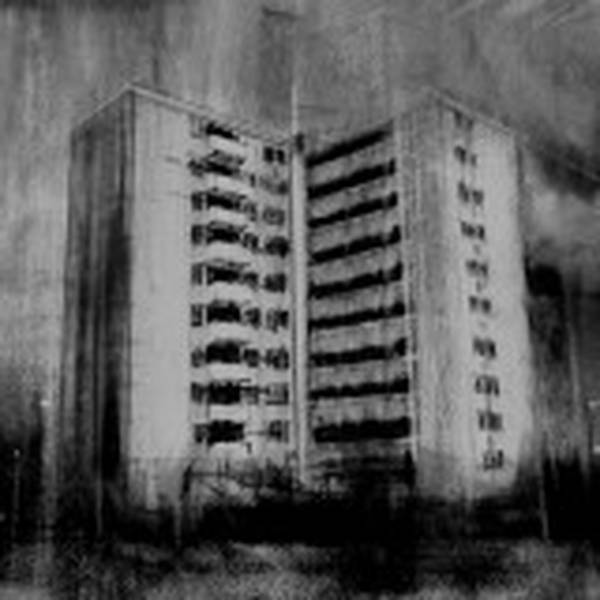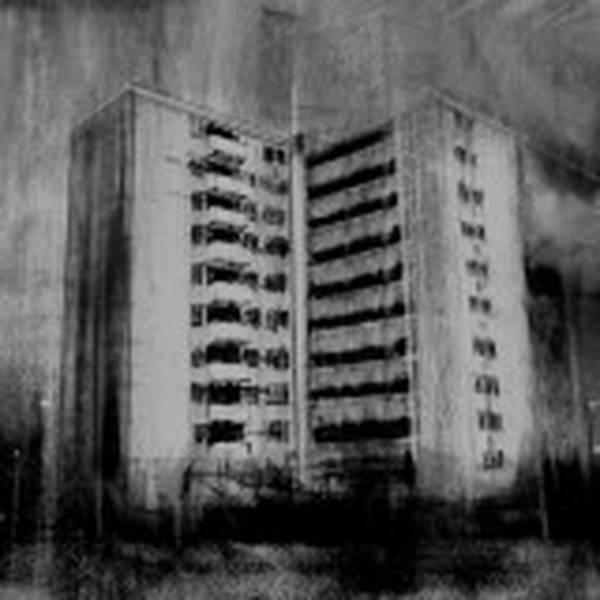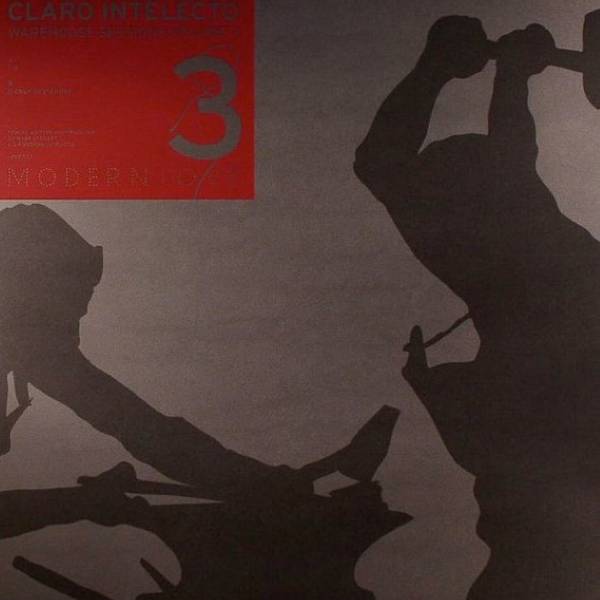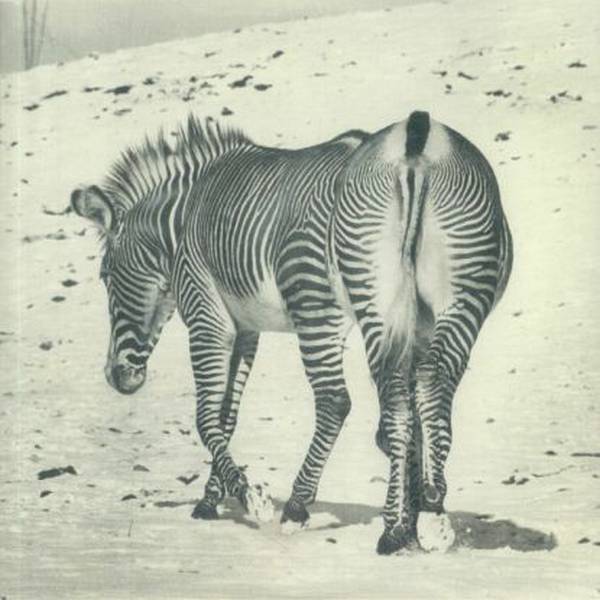
Tax included, Shipping not included
Polymath James Leyland Kirby must surely have one of the most confounding CV's in the business: he spent years taking the piss out of the music industry with anthems rallying against the (VV)MCPS, he notoriously fell out with various well known record labels for reasons you'll just have to google, goaded Aphex Twin with a series of 'tributes' and channelled his love of everything from Falco (Rock Me Amadeus), Chris De Burgh, Frankie Goes to Hollywood and Stockport karaoke nights into a stream of increasingly bizzare 7"s back in the early noughties. But at the same time he was responsible for releasing some of the very earliest material from Boards of Canada (Hell Interface: 1997), made a ruck of frankly groundbreaking industrial electronic records, brought New Beat to the world's attention and, in 1999, made his first album as The Caretaker, a project that would go on to release some of the most loved Ambient/ Lynchian albums of recent times. SInce then he's also produced an incredible suite of releases under his own name, scored various film projects and released three EP's under the 'Intrigue & Stuff' banner which are, for our money, so ahead of their time they might just start sinking in properly by the end of the decade. All of which brings us to 'Watching Dead Empires in Decay', a new album recorded under another of Kirby's pseudonyms 'The Stranger' and released on Modern Love, a label that has been close to Kirby through these last eventful 15 years. It's a dream album for the label: perhaps the most ambitious of Kirby's career so far. It's complex, singular, enigmatic, percussive, dark, and you just can't work out how it was constructed. Gone are the sampled 78's of The Caretaker, but it also doesnt exactly sound electronic - you just can't quite fathom how any of it was put together: Field Recordings? Found Sounds? Sheets of metal scraped and hammered? Drum machines re-wired? It's stark and unsettling, haunted, even troubling - but often just beautiful. It starts with the sharp clang of opener 'We Are Enemies But Not Here' before the woozy percussive crawl 'So Pale It Shone In The Night' sucks you into a bare landscape: somewhere between Eraserhead and Fumio Hayasaka's music for Akira Kurosawa. And then there are moments that break through the tension with clarity and familiarity, nostalgia even: 'Where Are Our Monsters Now, Where Are Our Friends?' could have been made by Boards of Canada if they had taken a turn into more noxious terrain back in 1998, while 'Spiral Of Decline' offsets the drum programming you'd most likely associate with a Powell record with an oblique sense of timing and space. It all ends with 'About To Enter A Strange New Period', an unusual, vaporous coda that offers no resolution - it just shuts proceedings down with nothing settled.






